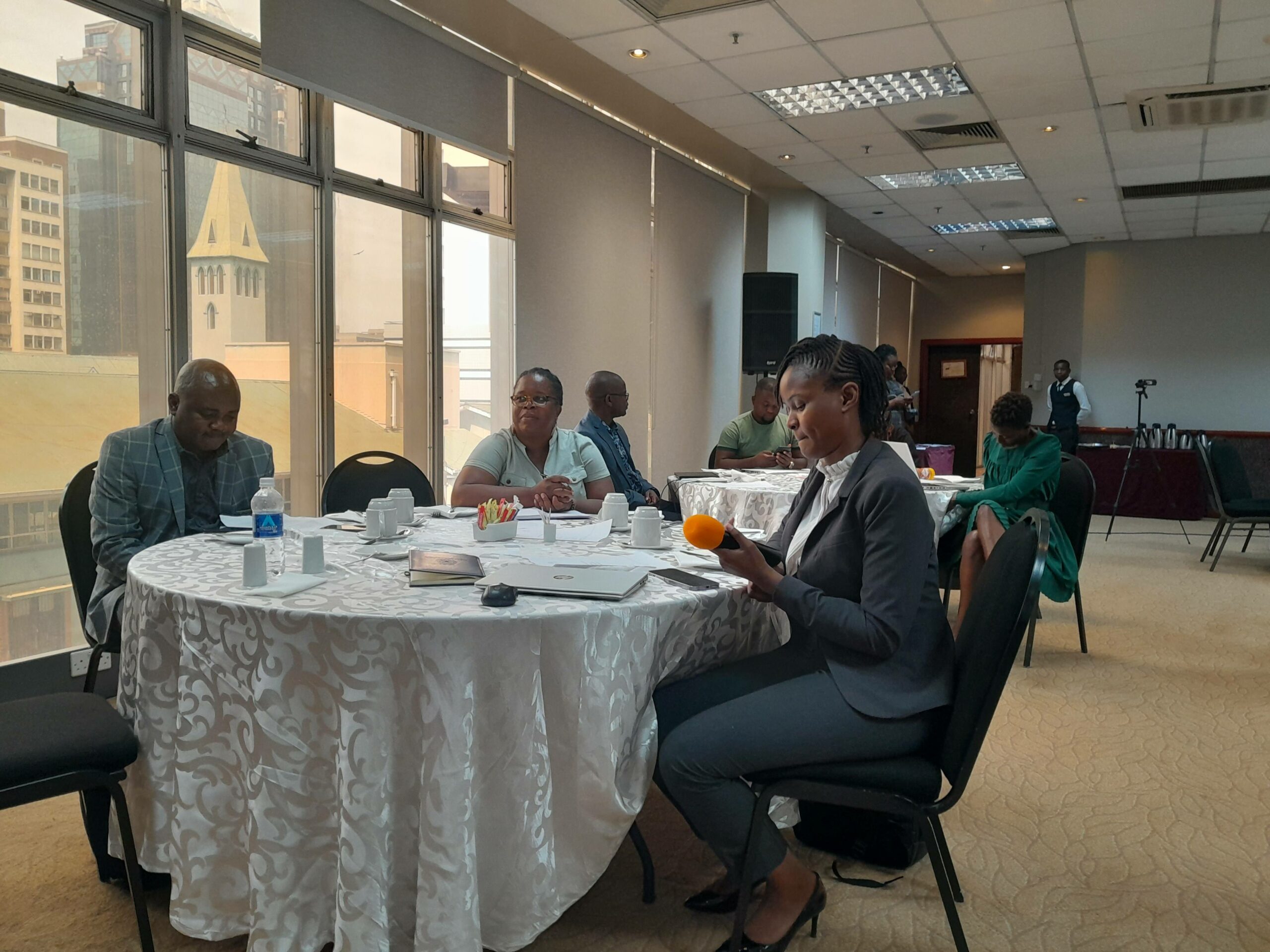|
Getting your Trinity Audio player ready…
|

By Lloyd Rabaya
The government of Zimbabwe in May introduced a national carbon credit framework that is allegedly meant to oversee carbon trading as the much-hyped global initiative helps in mitigating the effects of climate change.
Last month, the government also put in place Statutory Instrument (SI) 150 of 2023, which is meant to regulate the trading by measures that allegedly benefit the community and sequesters, and protect the investor or emitter.
Speaking at a meeting yesterday in Harare, Environmental Lawyer Brenda Dhliwayo said nature-based solutions could help in the implementation of carbon credits, including afforestation and reforestation.
“A carbon credit is a tradable certificate representing one metric tonne of carbon dioxide equivalent that is either prevented from being emitted into the atmosphere or removed from the atmosphere as a result of climate change mitigation efforts,” she said.
Carbon credits allow some producers to emit carbon dioxide while others reduce their emissions. The emitters will be paying the sequesters, like forest owners, some incentives.
In 2015, almost all countries signed the Paris Agreement, which is a landmark international accord to address climate change and its negative impacts by reducing global greenhouse gas emissions in an effort to limit the global temperature increase.
Before this, the Kyoto protocol of 1997 created the clean development mechanism to provide carbon credits for afforestation and reforestation, in which Africa is carrying the burden for the global North.
Climate justice and feminist activist Dr. Melania Chiponda described the issue of carbon credits as a fraud because since the implementation of the Western idea, cyclones have been rampant, among other effects of climate change in Africa.
“This is as a result of unsustainable carbon emissions that have reached a level where the earth could not contain.
These emissions, according to the Intergovernmental Panel on Climate Change (IPCC), started building from the Industrial Revolution, which had colonialism and the rise of capitalism as an economic model,” she hinted.
The IPCC was established by the World Meteorological Organization and the United Nations Environment Programme (UNEP) in 1988 to advance scientific knowledge about climate change caused by human activities.
From the industrial revolution to date, there have been so many emissions from the global North whilst they were developing their countries, and Southern African countries, including Zimbabwe, are hit hard.
At global meetings, such as the Conference of Parties (COP), the issue of carbon credits has been pushed by the global North, and Zimbabwe followed the bandwagon.
At the COPs, the world’s most powerful countries are there, who are also the historical polluters.
“Their solution is to say let us sell the carbons, but the carbons are responsible for this crisis. We (Africans) protect our forests with anything so that they can continue developing their countries while polluting this whole world, and then the countries in the global South are carrying the burden of the climate crisis.
Zimbabwe is amongst the top 10 countries most vulnerable to the climate crisis, ” she added.
Of all the global carbon emissions, Africa has the least.
Climate justice organization Reyna Trust Executive Director Sydney Chisi weighed in questioning the credibility and transparency of the carbon markets.
“Let’s say Germany emits two metric tons of carbon, and Gonarezhou National Park sequestrates two metric tons of carbon dioxide. Why is it that Zimbabwe is not rewarded for having contributed towards emissions reduction?
Zimbabwe does not have the technology to measure the carbon credits, and we have to rely on the investor who is in need of our carbon credits.
If we do not have the technology to measure the amounts of carbon that we can sequestrate, what price will the investor offer?”
In July, Swiss South Pole, one of the world’s leading carbon credits seller, and Carbon Green Africa, a Zimbabwean firm, halted their Kariba REDD+ project after the government of Zimbabwe was set to put in place a new law on the carbon credits operations.
In August, the government then set the SI 150, which had a printing error and corrected it to SI 152, which was later amended to SI 158.
